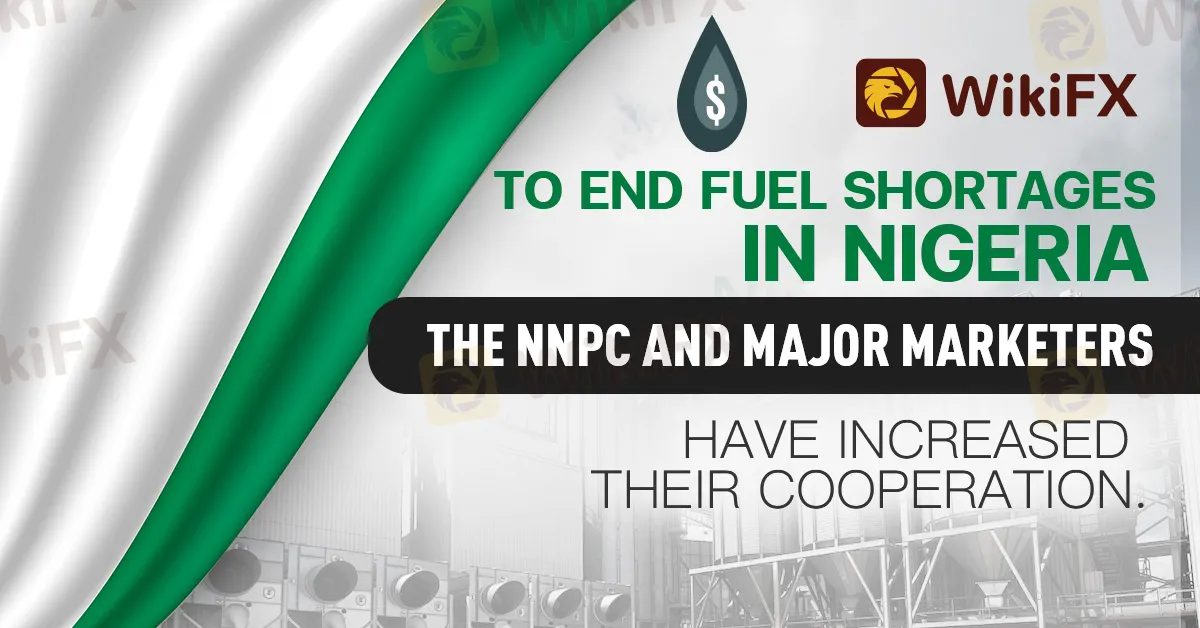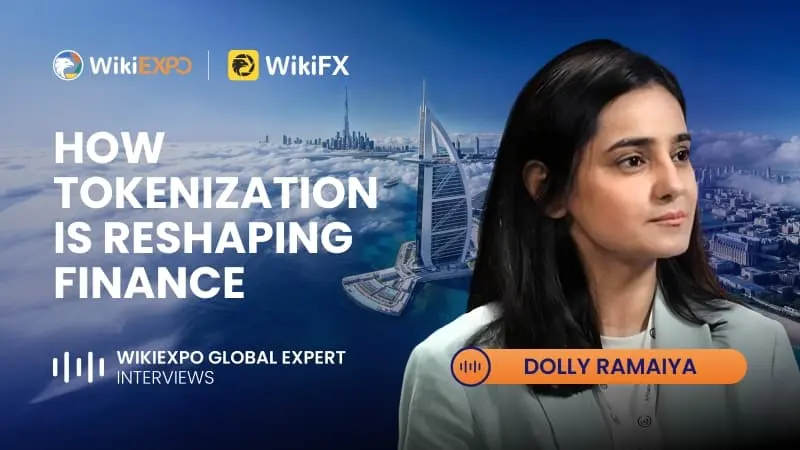Abstract:The Nigeria National Petroleum Company (NNPC) Limited and the Major Oil Marketers Association of Nigeria (MOMAN) have increased their cooperation in an effort to end the present statewide gasoline shortage.

The Nigeria National Petroleum Company (NNPC) Limited and the Major Oil Marketers Association of Nigeria (MOMAN) have increased their cooperation in an effort to end the present statewide gasoline shortage.
This is in response to the demand for an immediate federal government intervention to improve gasoline made by oil marketers and petroleum depot operators operating under the auspices of the Depot and Petroleum Products Marketers Association of Nigeria (DAPPMAN).
The current shortage of gasoline at filling stations, MOMAN's chief executive officer, Mr. Clement Isong, said this yesterday in Lagos.
The NNPC downstream management had been having daily logistic emergency meetings to discuss ways to increase the supply of gasoline.
He asserts that NNPC will improve the nation's distribution of petroleum products.
To increase efficiency, we are performing depot to depot check-ins and check-outs with NNPC.
Additionally, our members work together to stabilize different MOMAN stations.
To minimize supply gaps, “we set it up so that any MOMAN member who does not have product can pick from fellow members' depot,” he said.
Isong added that the effort aimed to increase the gasoline supply at gas stations all over the nation.
NNPC and MOMAN met operationally to discuss how to best distribute goods throughout the nation.
The logistics meeting, he continued, “was to assure proper product delivery to stations across the country.”
The helmsman said that MOMAN members will be bridging product supply gaps during the course of the weekend and at night.
He continued by saying that the shortage was brought on by a delay at the port when products were being brought in from offshore.
In the meantime, DAPPMAN has urged prompt action by the federal government to address the ongoing fuel shortage being experienced.
Mrs. Winifred Akpani, the organization's chairman, requested the Nigerian Maritime Administration and Safety Agency (NIMASA) and the Nigerian Ports Authority (NPA) to abide by the federal government's order to stop paying port fees in dollars for imported petroleum products.
The Central Bank of Nigeria (CBN) window, according to Akpani, would improve gasoline, and usher in a system of sustainability in terms of storage, distribution, and supply across the country.
According to Akpani, “DAPPMAN now calls on the government to create a level playing field in the industry by granting petroleum marketers access to FX at the CBN exchange rate for their operations.”
He emphasized that acquiring foreign exchange at the official rate will the increase the supply of fuel throughout the country
She continued by saying that the cost of obtaining foreign currency for transactions with a Nigerian domicile had put petroleum marketers in a precarious situation.
While stations controlled by IPMAN members sold fuel for between N220 and N260 per litre, some filling stations owned by big oil marketers were seen selling it for the regulated price of N170 per litre.
Before vehicles are allowed to enter filling stations, many of them collect N100 at the entrance. Additional N100 is then used to sell the product.










